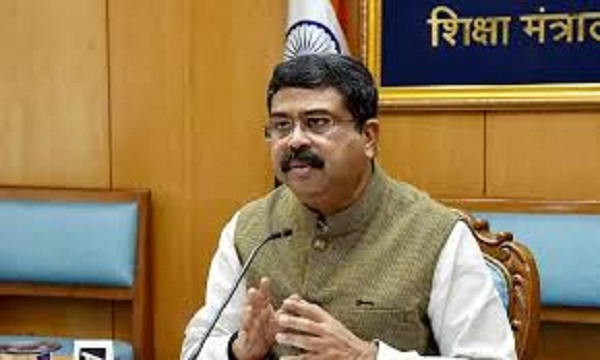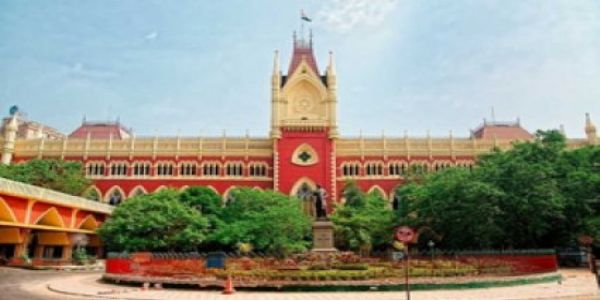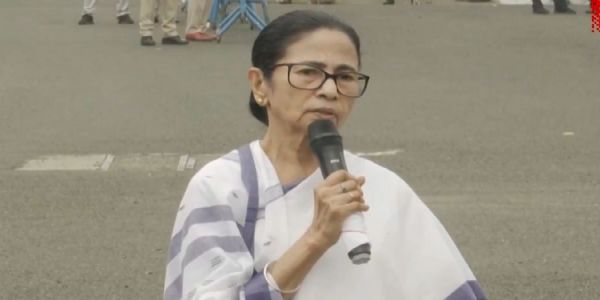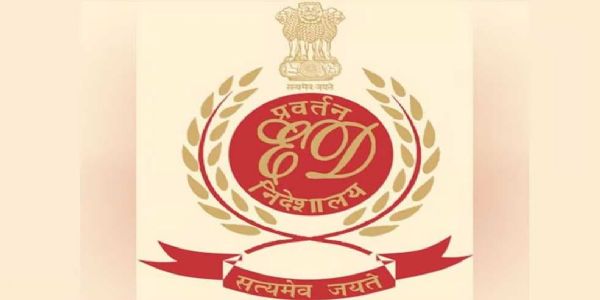
Chennai, 23 February (H.S.): The DMK-led Tamil Nadu government and the BJP-led central government are at odds over the National Education Policy (NEP) 2020. At the heart of the dispute is the three-language formula, which Tamil Nadu perceives as an attempt to impose Hindi on the state.
The policy encourages students to learn three languages: their mother tongue, Hindi, and English. However, Tamil Nadu has historically followed a two-language policy, teaching only Tamil and English in schools.
Tamil Nadu has a long history of opposing Hindi imposition, dating back to the 1960s. The state fears that the NEP's three-language formula will undermine its linguistic heritage and autonomy over education.
CM Tamilnadu's Concerns are imposition of Hindi, Centralisation vs State Autonomy,Four-Year Undergraduate Programme and Common Entrance Exams: Tamil Nadu opposes the entrance exam policies, arguing they disadvantage state-board students and undermine social justice.
While Centre's Stand is Implementation the NEP and Union Education Minister Dharmendra Pradhan stating that it aims to broaden educational opportunities and promote multilingual learning. However, Tamil Nadu Chief Minister M K Stalin remains firm in his opposition, accusing the Centre of using education as a tool to impose Hindi.
The Tamil Nadu government, led by DMK, is at odds with the Centre over the New Education Policy (NEP). The state has refused to participate in the PM-SHRI scheme, citing concerns over Hindi imposition.
Union Dharmendra Pradhan urged Tamil Nadu to implement the NEP, stating that it aims to broaden educational opportunities and promote multilingual learning.
---------------
Hindusthan Samachar / Dr. R. B. Chaudhary








